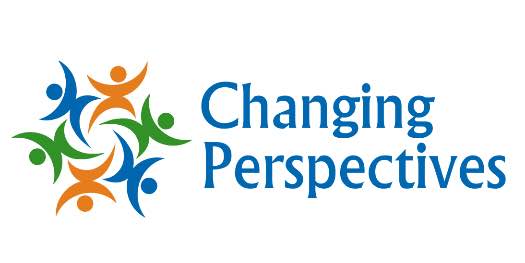News
To find out more about how we put our mission into action everyday explore our latest news.
Kids in Denmark Are Taught In School to Care For One Another
From The Atlantic: Students in Denmark learn empathy, problem-solving, self-control, and how to read facial expressions.
Pandemic-induced trauma, stress leading to ‘uptick’ in SEL need
From K12dive.com: Students and staff return to school during and after the pandemic with collective trauma, higher anxiety levels and more stress.
Educators as First Responders
From Harvard Graduate School of Education: Geoffrey Canada describes a call to action for educators and a vision for what school might look like in the fall.
Four Core Priorities for Trauma-Informed Distance Learning
From KQED: "Trauma-informed teaching cannot be simplified to cookie-cutter practices," but should include predictability, flexibility, connection, and empowerment.
Your Strategies For Supporting Anxious Kids At Home And At School
From KQED: "Teachers and parents all over the country are noticing an increase in mental health issues, including anxiety, among students."
Fostering a Strong Community in a Virtual Classroom
From Edutopia: "The shift to working online requires teachers to think a little differently about how to build the culture they want with their students."
Inclusive education is a plus for children of all abilities
From The Seattle Times: "Children with and without disabilities do better in inclusive classrooms. The fear that some kids will be slowed down by kids with disabilities is just not true."
Next Step in Diversity Training: Teachers Learn to Face Their Unconscious Biases
From Education Week: "Teachers—and their implicit biases—can directly impact the opportunities afforded to students of color."
To Speak Up for Inclusion, We Need To Speak About Inclusion (video)
RBC (Royal Bank of Canada) invited people from all walks of life, including RBC leaders, to have a frank and honest conversation about inclusion.
How Mindful Leaders Can Heal Trauma
From Mindful.org: "We ask the key question—not, 'What is wrong with you?' but, 'What has happened?'"
